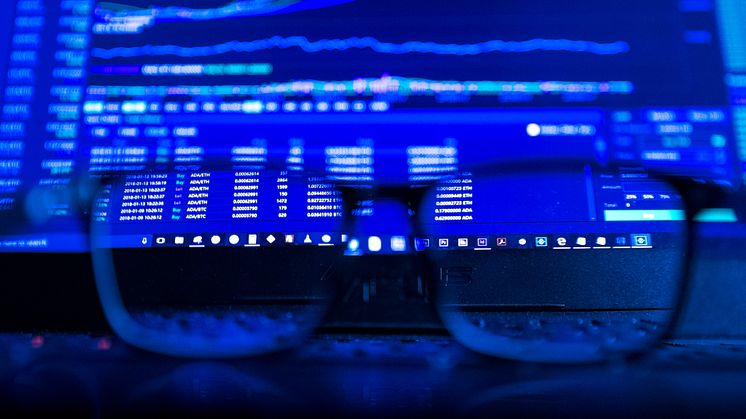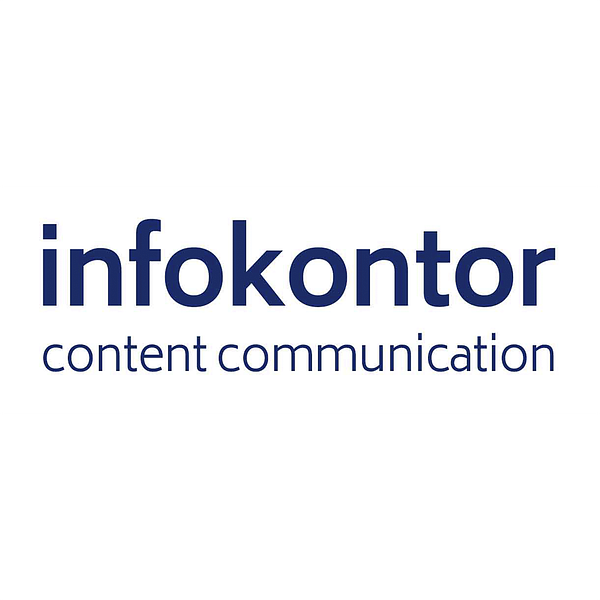
Pressemitteilung -
Corona, Cyber-Crime and new codes
When the G20 countries’ finance ministers meet virtually on October 14, 2020, it will mean that international experts will be discussing security in corona-based global trade. Because this system is still vulnerable to attack and manipulation, see the Wirecard scandal. More security is promised by a special code, as the ECB, the Federal Ministry of Finance, and the Swiss company Gleif unanimously declare.
We live in turbulent times, economically, technologically and socially. One of the threatening aspects is the vulnerability of international monetary systems. Because in and around them, cybercriminals manipulate, and destabilize on a grand stage. Corona reinforces this tendency. "In the context of the COVID-19 pandemic, the Financial Action Taskforce (FATF), the leading international body in the fight against money laundering and the financing of terrorism, has noted an increase in cyber-crime and fraud, particularly with regard to medical devices and state subsidies," explains the Federal Ministry of Finance BMF. But this is not the end of the story. Ministries, authorities, and financial experts are therefore working flat out to find solutions. One is the so-called Legal Entity Identifier or LEI code.
Using Secure Identification
Global economic crime is supported by the latest digital technologies. Even better solutions must therefore, be used for prevention. A good example, is the clear and secure identification of companies via the LEI code. This enables authorities to combat international and national financial crime more effectively, such as in securities transactions. "The further spread of the Legal Entity Identifier can make a contribution to this, for example, by facilitating the secure identification of the companies involved in interbank transactions or transactions between companies," says the Federal Ministry of Finance. How exactly does this work?
Who belongs to whom
Around 45,000 companies are registered on the world's largest stock exchanges. Most of them operate internationally and want to do business abroad with possible cooperation partners. Tens of millions of companies worldwide are eligible for this. But which company belongs to whom and who owns what? Without secure information, a business can be difficult. There is a solution to this. Every company receives a unique, never changing, certified number - like an internationally valid corporate passport. "The biggest advantage is for the organization and the company," says Stephan Wolf, CEO of GLEIF (Global LEI Foundation), "they can publish their data in a secure and trustworthy form. So everyone can look at this data. This is basically already part of marketing. Banks and public authorities are also very interested in it because it is much easier for them to fill their databases and perform data analyses".
Global commercial register of the future
The idea was developed by the Financial Stability Board FSB, an international committee founded in 2009. It monitors the global financial system. Its statutes are jointly approved by the G20 countries. The new identification system was implemented in 2014 with the LEI Code. The Legal Entity Identifier consists of 20 characters and is ISO certified (17442). The alphanumeric code contains important reference data. Example: Each LEI contains information about the ownership structure of the legal entity (company) and answers questions such as "Who is who" and "Who belongs to whom"? Companies can use this code to identify themselves in a data-based, fast, secure, and, above all, clear and unambiguous manner. "LEI is undoubtedly a critical data infrastructure for a secure business relationship in the advancing digital age," says Werner Bier, Deputy Director General for Statistics at the European Central Bank ECB.
Less risk, more transparency
The global "LEI system" is designed to reduce complexity in international trade. This is because companies can improve their data integrity (i.e. the correctness of the data stored about them) and conduct business in a visible and controlled manner. Fraud, market abuse, and even financial crises should thus have fewer opportunities in the future. Companies can also reduce their costs, accelerate business processes, and gain more insight into the global market.
GLEIF is non-profit
The company behind LEI is "Global Legal Entity Identifier Foundation GLEIF" based in Basel, Switzerland. GLEIF is a not-for-profit company that is monitored by LEI Regulatory Oversight Committee, a group of public authorities from around the world. GLEIF provides the infrastructure for the use of LEI and informs about the allocation of the code. The database is free of charge. So far, over 1.7 million companies have been registered worldwide. Tendency rising.
Use free of charge for editorial use: https://1drv.ms/u/s!ApKyqHYU7IqG1Ab7gyLsmgGnVIYP?e...
- Infotext " Corona, Cyber-Crime and new codes
- Info film "What is GLEIF", 3:20 min.
- Photo motifs
- Current graphics
IMPORTANT: Interviews, studio, and background discussions are possible! Please contact us to arrange an appointment.
You can find more information at
www.gleif.org/de
or contact
Olaf Fidora
infokontor GmbH - Agency for Video Publishing
Bodinusstraße 1
50735 Cologne
T +49-221-7520250
E of@infokontor.de
Feel free to download and use!
infokontor was founded in Cologne in the year 2000 as the first content agency in Germany by the former TV journalist Wilfried Grosse-Berg. Ever since we develop, produce, distribute and monitor contents with high range. This applies to all relevant channels like TV, radio and online.
infokontor – this is highly experienced journalists, filmmakers, digital media designers, producers and data scientists. We make use of worldwide contacts to all relevant media channels and editorial departments. Alongside the core team we have a broad network of creative service providers available: such as freelance camera teams, authors, editors, bloggers and influencers. Like this we can produce globally, fast and professionally.
